Ethiopian Rose Summer Coffee beans what's the difference between Ethiopia Rose Summer and Panama Rose Summer
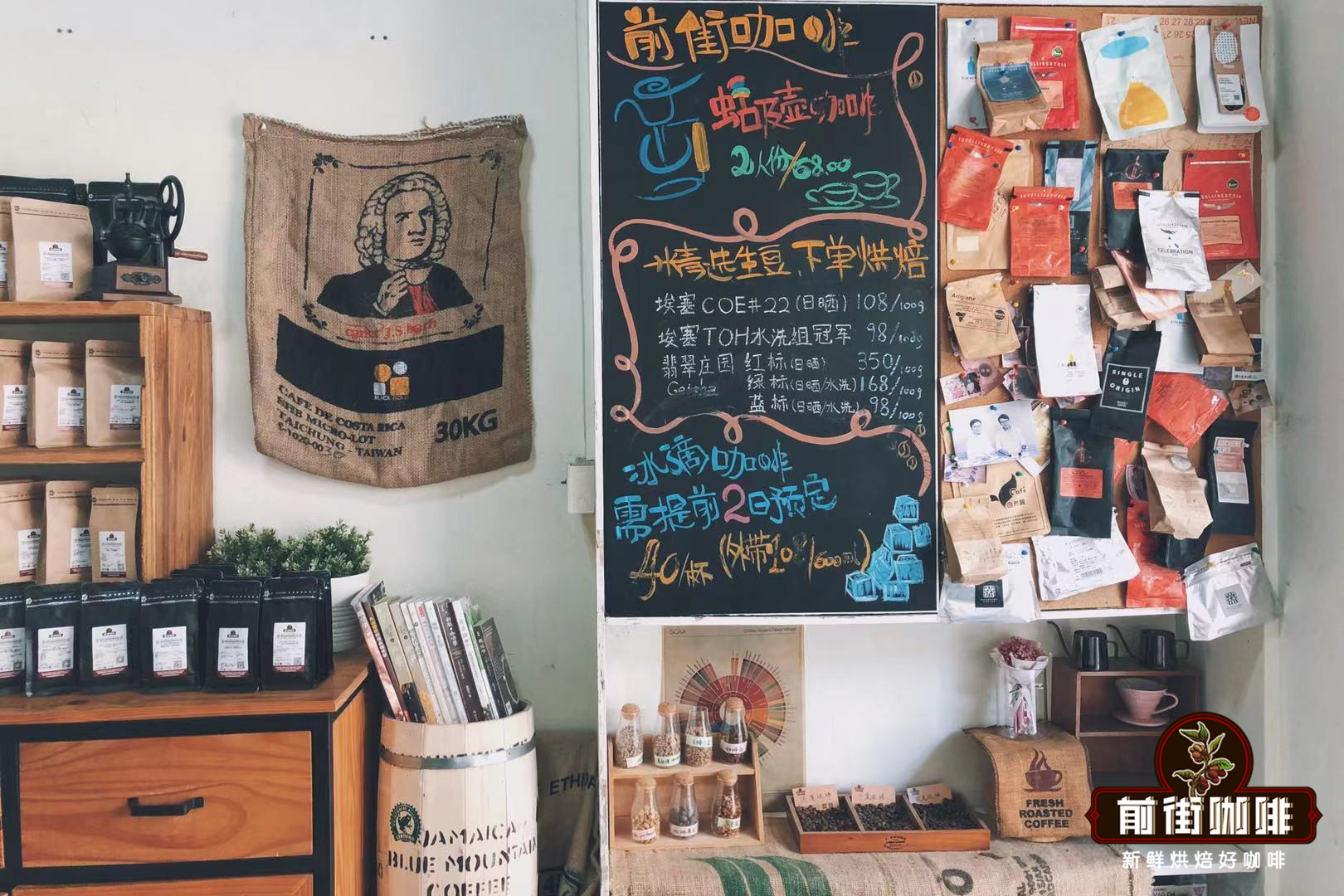
Professional coffee knowledge exchange more coffee bean information please follow the coffee workshop (Wechat official account cafe_style)
When it comes to rose summer coffee, the first thing that comes to mind of coffee fans must be the Panamanian emerald estate rose summer coffee beans, but with the development of the boutique coffee market, in recent years, Ethiopia, where the rose summer varieties of coffee beans originated, also has estates that produce high quality rose summer coffee. The manor is Rosa Village Manor, so these two major producing areas also produce rose summer coffee. Will there be any difference in flavor? What are the characteristics of each of these two manors? Qianjie Coffee this is through this article to give popular science to coffee fans.
The Origin of Rosa Coffee varieties
According to Qianjie Coffee, the rose summer coffee variety was discovered in the rose summer forest of Ethiopia in 1931. Rosa was then sent to the Coffee Institute in Kenya, introduced to Uganda and Tanzania in 1936, Costa Rica in 1953 and Panama in 1970.
However, according to Qianjie, Rosa coffee has not been paid attention to during this period, because the yield of Rosa coffee is very low, it is difficult to grow, and the economic benefit is low, so no one pays attention to it, and even regards it as a windbreak tree for other crops.
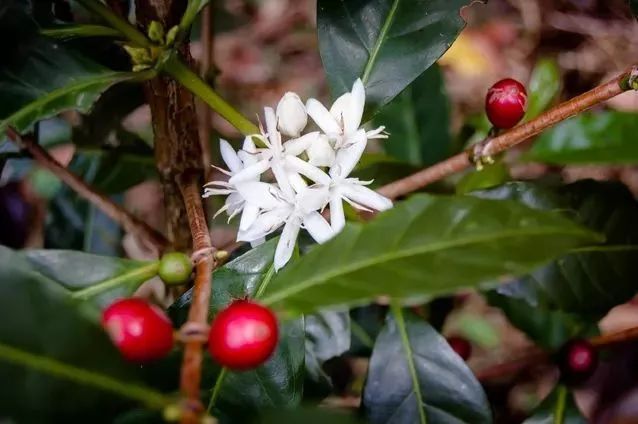
Panamanian Jade Manor
First of all, Qianjie Coffee first introduces the rose summer coffee beans of the Panamanian Jade Manor, because although the rose summer originated in Ethiopia, it is only carried forward in the Jade Manor, so it can also be said that the Jade Manor is the Bole of the rose summer coffee beans.
According to Qianjie Coffee, the history of the Emerald Manor originated in 1964, when Rudolph Peterson, an American banker, retired and moved to Panama and bought the Emerald Manor in Pokuit, primarily in dairy at first. Then his son Price resigned as a doctor to help his father run the farm, introduced Kaddura and Kaduai coffee beans in 1987, set up a washing plant in 1994, and has had its own coffee processing plant ever since.
The discovery of Rosa coffee was only an accident, because the Rosa coffee tree was supposed to have low yield and low economic benefits at that time, so it was used by the former landowner as a windbreak tree to protect Kadulakaduai coffee in other high-yielding areas.
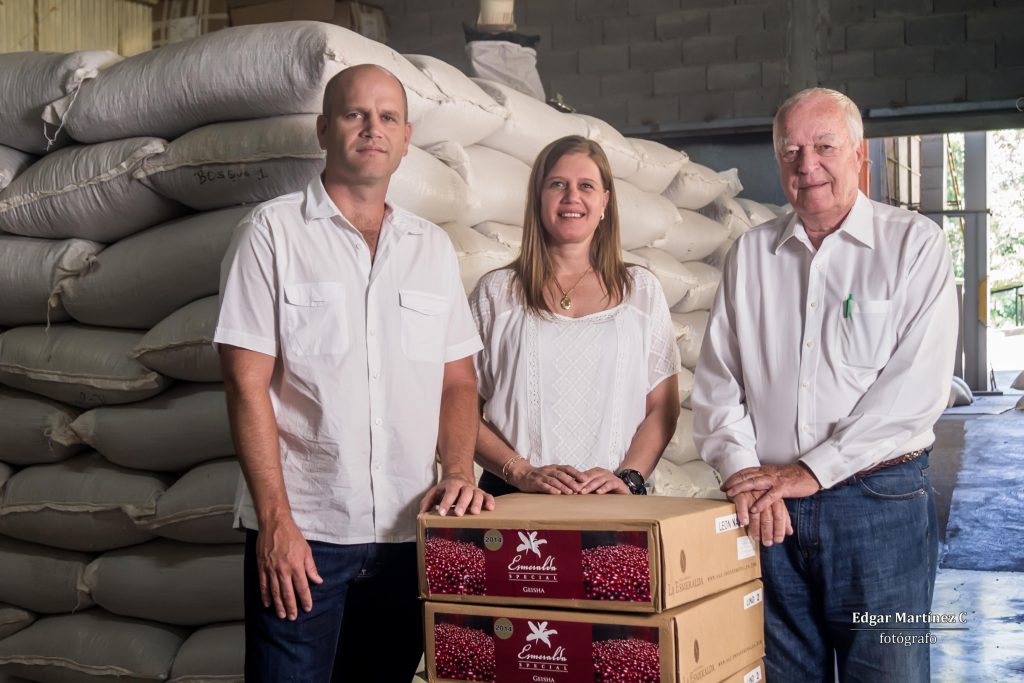
It was under this background that the workers who picked the coffee fruit at the Jade Manor picked the rose summer coffee fruit as well. As a result, the owners found that the coffee bean was very special and had rich citrus flowers during the cup test. So they found the rose summer coffee tree and began to tap the potential of the rose summer coffee variety. In 2004, the Feicui Manor took the rose summer coffee beans to the competition alone. And Rose Summer Coffee beans did not disappoint Jade Manor, which won the first place in the BOP coffee cup test contest held in Panama, thus establishing Jade Manor's position in the boutique coffee industry.
Characteristics of Rosa coffee beans
As mentioned above in Qianjie Coffee, Rose Summer Coffee was a blockbuster in the BOP contest, so there was a wave of planting Rose Summer Coffee Tree in Panama at that time, but Rosa Coffee Tree is not so easy to grow, its yield is very low, and it has strict requirements on altitude, and there are also requirements for picking in the handling of raw coffee beans, which is blocked by various reasons. Not every manor can grow high-quality rosy summer coffee, which is one of the reasons why Panamanian emerald estate can occupy the rosy summer coffee market.
Secondly, Rosa coffee also has a very magical feature, that is, the worse the conditions, the better the flavor of the coffee fruit, but it will also be more difficult to pick.
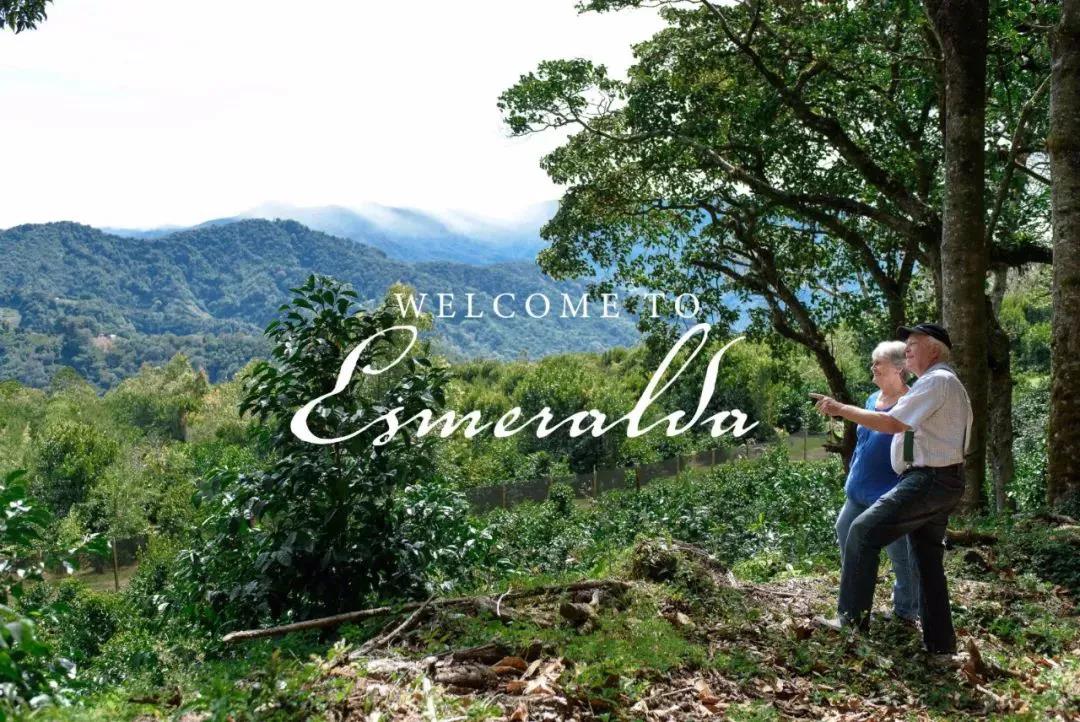
Therefore, Jade Manor devotes most of its energy to the development of infrastructure to support excellent strict batch separation and fine processing, grading rose summer by plot planting, that is, the red sign rose summer now seen in the Qianjie coffee shop, green label rose summer, blue label rose summer.
Division of coffee planting area in jadeite manor
As mentioned above in Qianjie Coffee, the coffee beans planted in the Jade Manor are divided into regions, which are mainly divided into five brands according to altitude, microclimate, cup test performance and planting varieties. Among them, there are three brands of rose summer varieties: jadeite special selection (red mark), private collection (green mark) and rose summer 1500 (blue standard).
Among them, the three main plots of Jade Manor are "Jaramillo", "Canas Verdes" and "El Velo". And it will be refined to small plots again on each parcel.
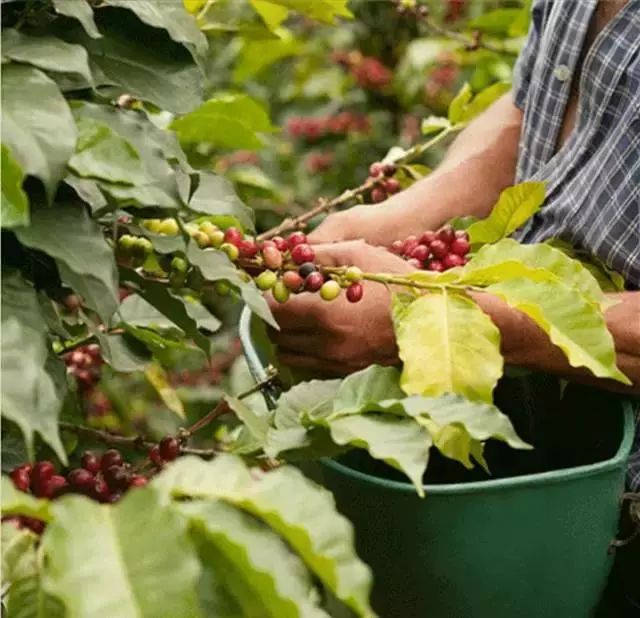
Jaramillo:
The annual rainfall is 4000ml, the average temperature during the day is 19-25℃, the average temperature at night is 11-15℃, and the average altitude is 1600- 1700m. The Jaramijo plot is subdivided into five small plots: Mario (Mario), Noria (Ferris wheel), Reina (Queen), Bosque (Forest) and Buenos Aires.
Canas Verdes:
The annual rainfall is 3500ml, the average temperature during the day is 16-23℃, the average temperature at night is 10-15℃, and the average altitude is 1600- 1800m. Canas consists of nine plots: Lino, Coronado, Fundador, León, Montaa, Trapiche, Chinta, Cabaa, Tumaco.
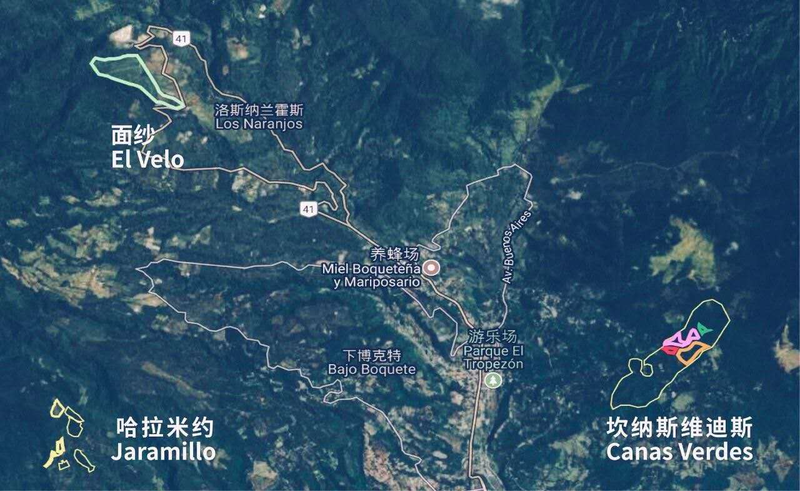
Veil (El Velo):
The plot is the latest purchase of the Jadeite Manor, with an average elevation of 1700-1900m. In addition to planting Rosa and Kaduai, the site also has a small number of other exotic species, such as Laurina, Pakamara, Mocha and SL28. The veil is divided into seven small plots, namely: Guabo, Port ó n (Portal), Durazno (Peach), Higuer ó n (fig tree), Higo (fig), Buena Vista (Buena Vista) and guila (Eagle).
Classification standard of red, green and blue standards for jadeite manors
Jadeite Manor Red Standard Rose Summer
The rosy summer specially selected by jadeite is the red sign we often hear. It is a rosy summer coffee bean planted at an altitude of 1600-1800 meters, with a cup test score of more than 90 points and produced from two producing areas of Jalamiyou and Canaus Vedvis.
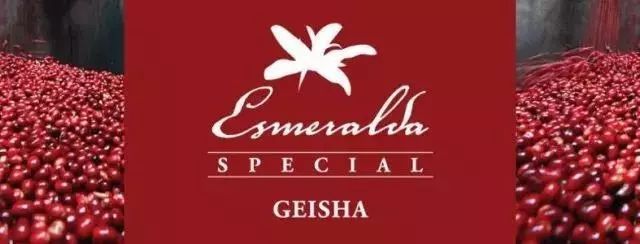
In addition, we also have to participate in the independent bidding held by the Jade Manor itself. In the divided plots, the Rose Summer batch that comes out for bidding is the red bid. However, there are also non-competitive red bids on the market, that is, the rose summer which is selected from the same plot and then circulated to the market, the varieties and quality are the same, but there are differences in the price.
Qianjie Coffee Panamanian Emerald Manor Red Standard Rose Summer Coffee beans
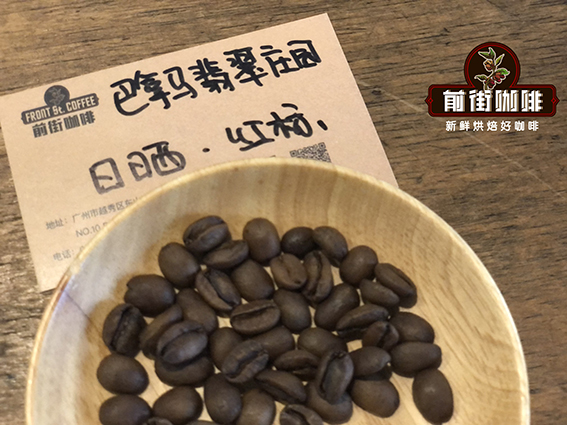
Country: Panama
Producing area: Pocket (Emerald Manor)
Altitude: 1700 m
Variety: Rose summer
Treatment: sun treatment
Flavor: citrus, compound fruit, rose tea, honey
Jadeite Manor Green label Rose Summer
Private collection, commonly known as green standard, it is different from the red standard rose summer is that it is not an independent competition batch, but the quality is still excellent rose summer variety. The green standard rose summer selects micro-batch mixed beans from different plots such as Jalamiyou, Canaus Vedvis and so on, which are planted at an altitude of 1600-1800 meters.
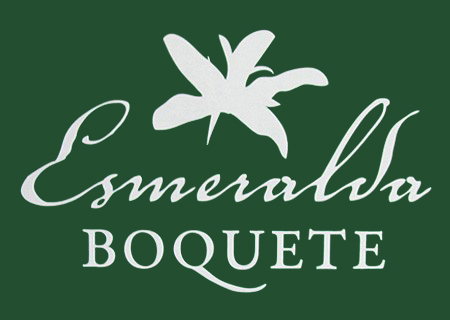
Because the mode of mixed beans is adopted, it is not specified in detail on the plot, so sometimes the flavor similarity between green standard rose summer and red standard rose summer is very high.
Secondly, although the green standard rose summer is not as high as the red standard rose summer, it still has the classic flavor of rose summer, such as the unique floral, fruity, citrus, thick and juicy taste of rose summer coffee. Therefore, Qianjie Coffee believes that the price-to-performance ratio of Green Rose Summer is the highest of the three.
Qianjie Coffee Panamanian Emerald Manor Green label Rose Summer Coffee beans
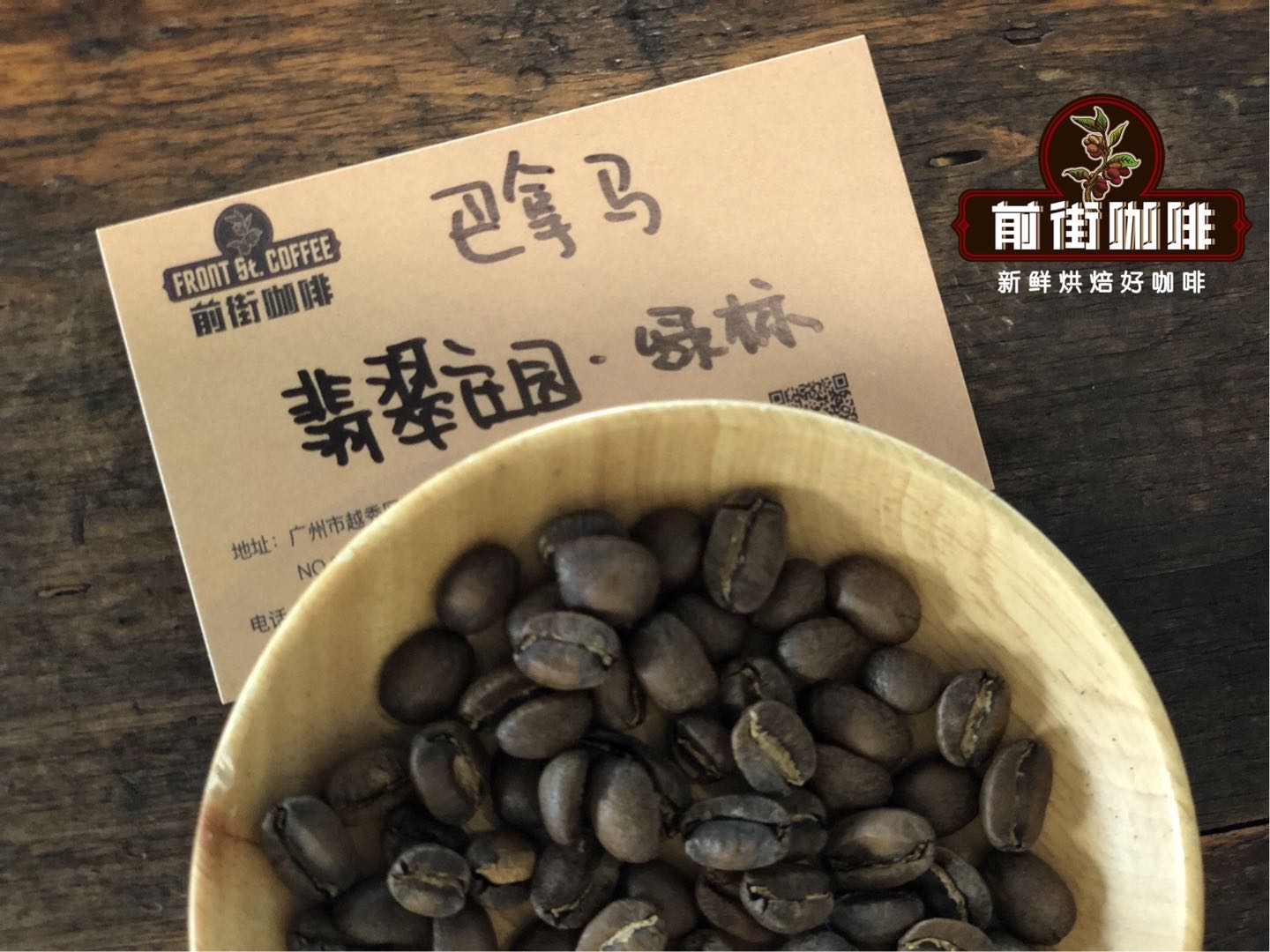
Country: Panama
Producing area: Pocket (Emerald Manor)
Altitude: 1700 m
Variety: Rose summer
Treatment: sun treatment
Flavor: Jasmine, citrus, melon, berries
Jadeite Manor Blue label Rose Summer
Rose summer 1500 this brand is our common blue standard rose summer. Choose mixed beans from three different plots, namely, Jalamiyou, Canaus Vidvis and the veil, which are 1400-1500 meters above sea level. The flavor of blue rose summer is mostly micro-flower, sour and sweet, and the taste is not thick, so the price of blue rose summer is also the most affordable among the three standards, but its coffee beans still have a good rose summer flavor.
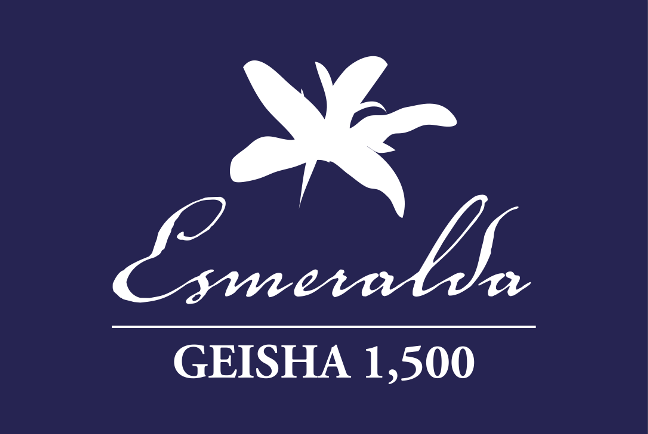
Qianjie Coffee Panamanian Jade Manor washed Blue label Rose Summer Coffee beans
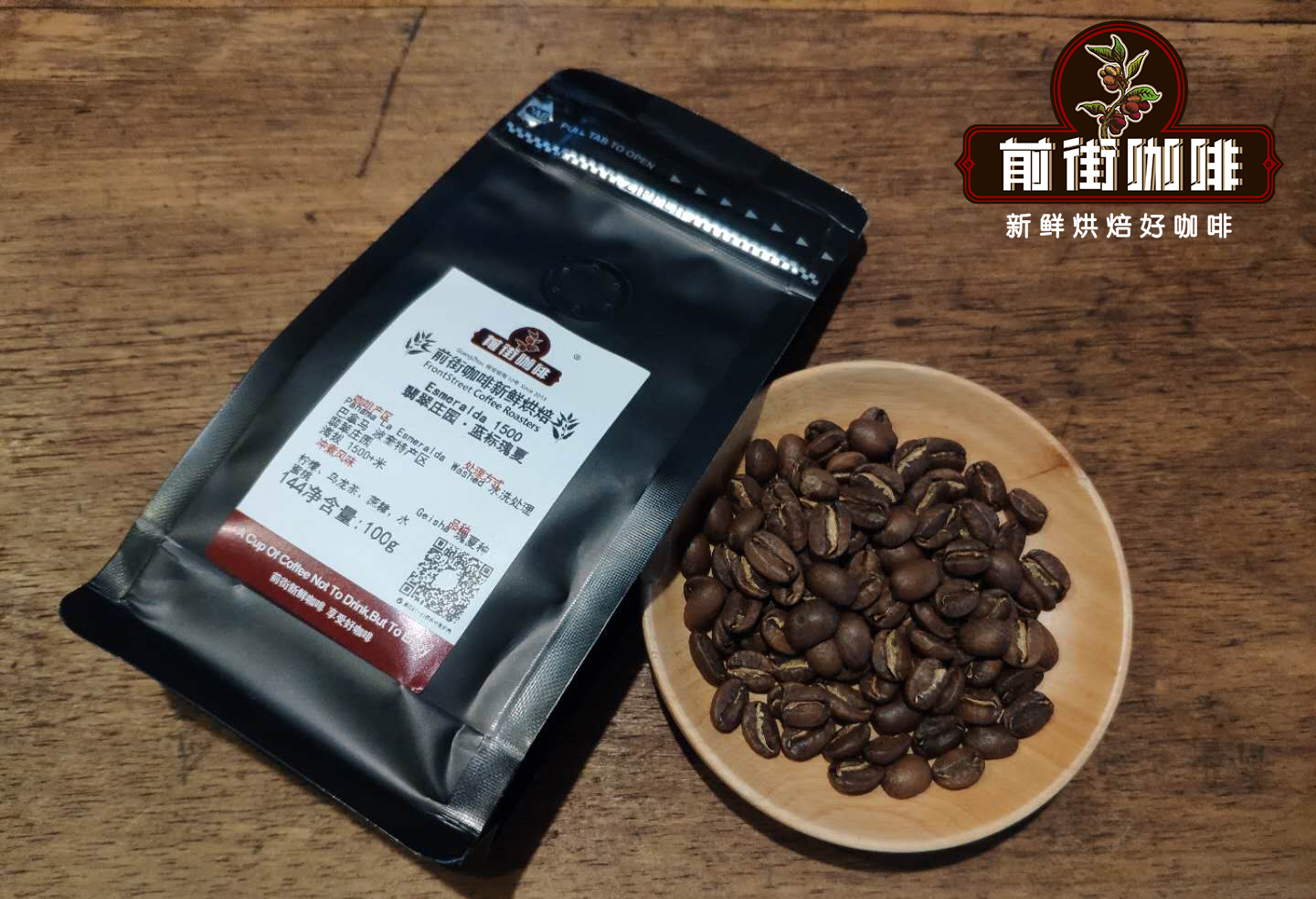
Country: Panama
Production area: Poquet (Emerald Manor)
Altitude: 1400-1500 m
Breed: summer rose
Treatment method: washing treatment
Flavor: lemon, oolong tea, sucrose, peach
The above is the information about Panama Emerald Manor Rose Summer Coffee compiled by Front Street Coffee. Then Front Street Coffee will introduce the flavor characteristics of Ethiopia Rose Summer Coffee.
Ethiopia Guixia Village Manor
Rose Summer Village Estate is Ethiopia's most famous Rose Summer Coffee Estate. According to Front Street Coffee, the owner of the estate grows Rose Summer Coffee. In 2007, documentary director Adam Overton and his photographer wife Rachel Samuel came into contact with the Gera Coffee Forest in Bench-Maji while filming a documentary on Ethiopian coffee for the Ethiopian government. In the process, they not only rediscovered Ethiopia, but also developed the idea of establishing their own coffee estate and brand.
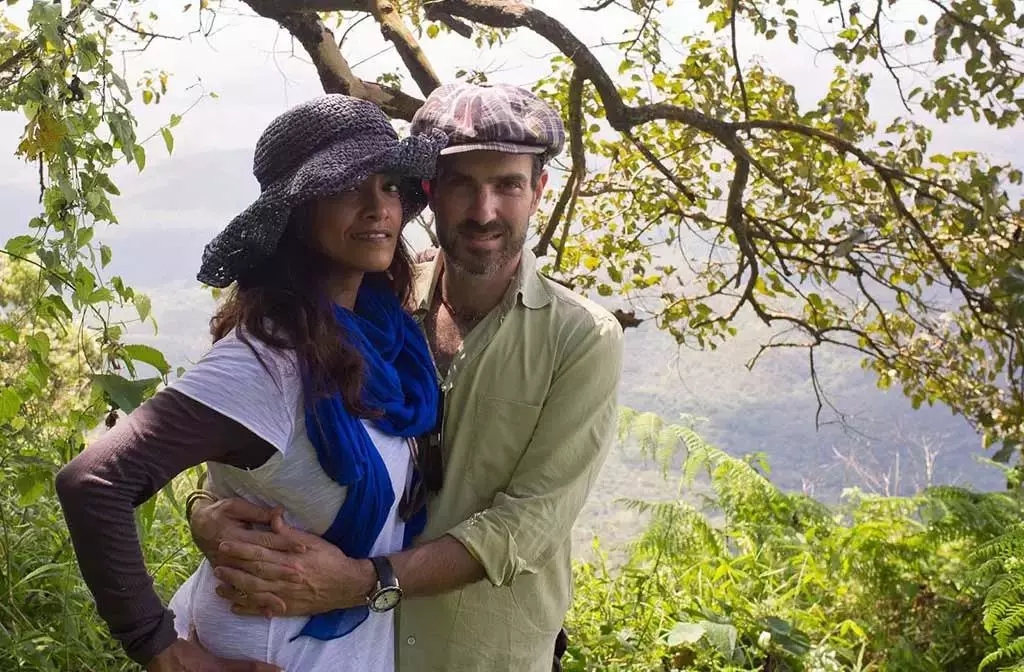
In 2009, they were lucky enough to meet Willem Boot, the famous mule farm owner and BOP judge, and Willem Boot's idea of "returning to Ethiopia to find the birthplace of Guixia" also provided an opportunity for the couple. In 2011, they returned to Banchimaki, where several areas known as rose summer villages are most likely to find native rose summer varieties.
Adam follows Willem Boot on an expedition through the surrounding forest, discovering a variety of wild coffee species in a dense forest (known as the Gori Rosewood Forest), the most surprising of which is the native Rosewood variety. So they collected seeds from native rose trees, sifted them, and planted them in rose village. And decided to establish the estate here, named Gesha Village Coffee Estate (Guixia Village Coffee Estate)
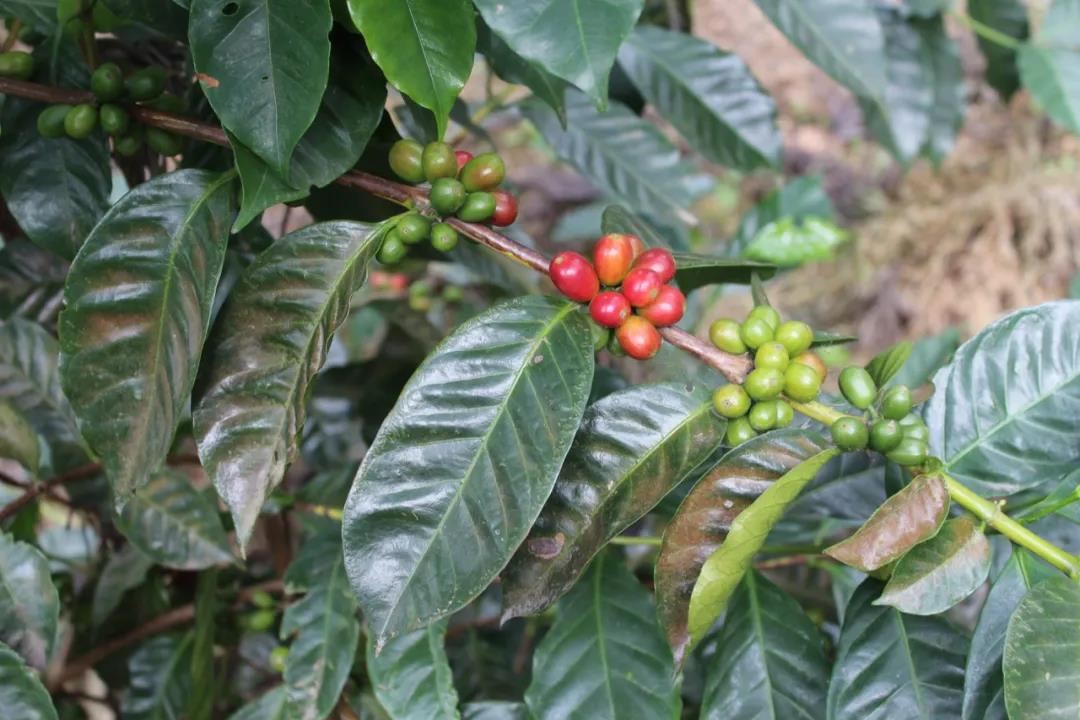
Planting conditions of coffee beans in Guoxia village manor
Rosa Village Manor is located in the Bancimaghi region (Bench Maji) in western Ethiopia, which is surrounded by dense jungle. Ruoxia Village is located with beautiful scenery and pleasant climate, and the ancient and vast forest can be overlooked from above. The owners Adam and Rachel searched for a suitable manor for three years and went to the native forest of Rose Xia under the guidance of the locals. It is a two-day drive from the capital, Adis, Addis Ababa.
Ruoxia Village Manor covers an area of about 471 hectares, coffee cultivation area of about 320 hectares, brown red loam soil. The planting density was maintained at 7000 coffee trees per hectare. The site is named after the name "Oma" in honor of religious leaders who are respected and loved by the people. The coffee beans in Ruoxia Village are full of complex flavor and are very rare. They are often selected by internationally competitive baristas to participate in the competition. Due to the maintenance of the local ecological environment, and has a good cooperative relationship with local residents. To give back to the local community, the Rosa Village Foundation was set up to promote educational development through the two schools adjacent to the manor.
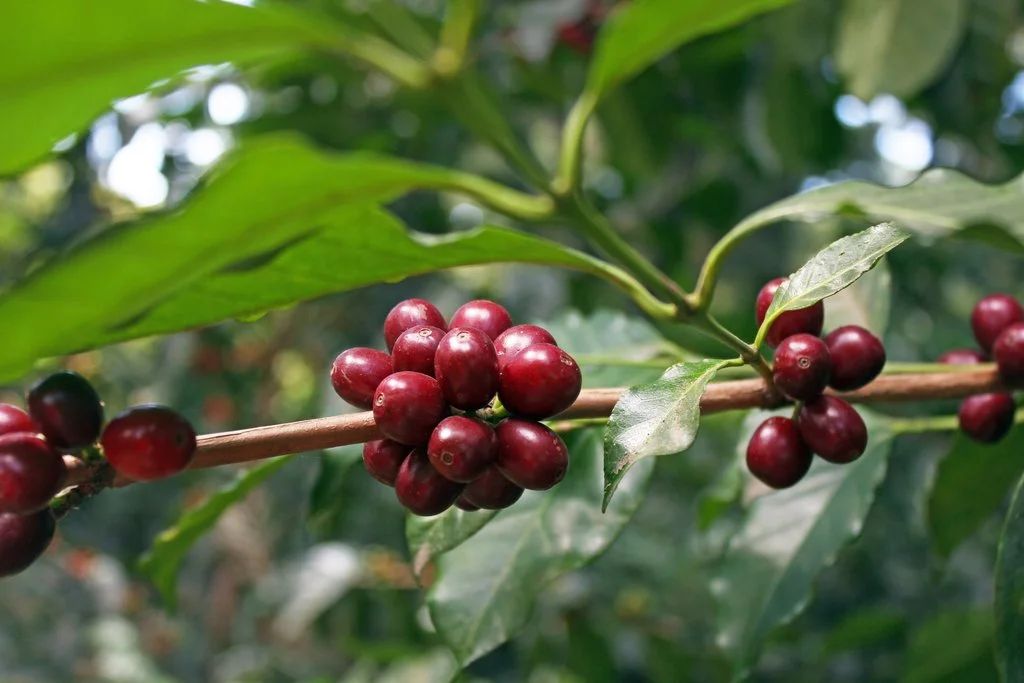
Varieties of coffee beans in Guoxia Village
And Qianjie Coffee knows that in just more than ten years, the manor has grown three rosy summer varieties of coffee, of which Gesha1931 and Gori Gesha are named after the expedition when the coffee tree was discovered, and the other is Illubabor provided by the Ethiopian Coffee Research Center.
Gesha1931 is the closest to the Panamanian rose coffee variety, which is also confirmed by looking at the shape of the plant, the shape and size of the beans, and its cup test. The native variety of Gori Gesha was collected by the owners of Rosa Village through his own exploration in 2011 from the Gori Rosa wild coffee forest, which is 20 kilometers from the current Rosa Village Manor, and no duplicate samples have been found elsewhere.
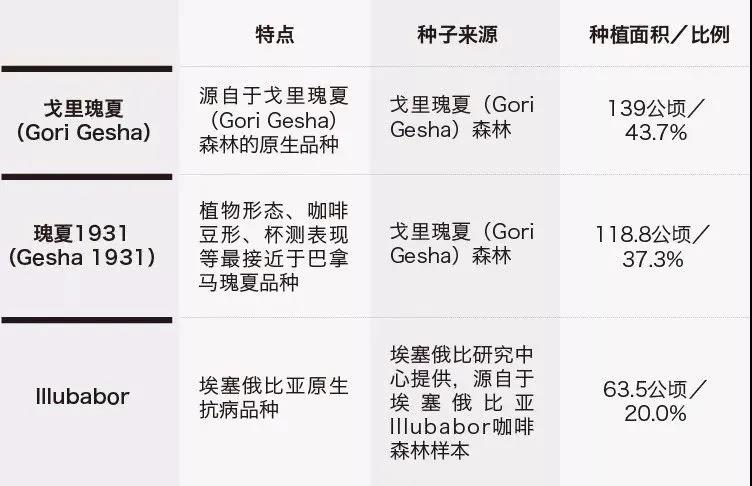
Grading system of Rose Summer Coffee in Ruoxia Village
And according to Qianjie Coffee, Willem Boot also brought the Panamanian business model to the Rosa Village Manor, creating the current grading system of Rose Summer Coffee in the manor. That is, the bidding of Rosa Village on the menu of Qianjie Coffee Shop, gold bid, red mark, green mark, Chaka Rosa coffee beans.
However, these grading standards are still very different from those of Panamanian Emerald Manor Rosa Coffee. At present, there are Rose Summer Village Gold Standard batch Rose Summer, Red Standard batch Rose Summer and Chaka batch Rose Summer in Qianjie Coffee Shop. Next, Qianjie Coffee will briefly explain these grading standards of Rose Summer Coffee beans in Rose Village Manor.
Bidding batches: accounting for only 3.7% of the annual output of Rose Xia Village, the top batch of the carefully selected manor can only be obtained through the global bidding of 2018 Rose Xia Village Coffee Manor. The cup test score of the 2018 bidding batch is 88.15-92.67 points, which is divided into champion selection (Champion's Reserve) and manor selection (Farm Reserve). For example, Gesha Village 2018 Auction Lot RSV.6 belongs to the bidding batch.
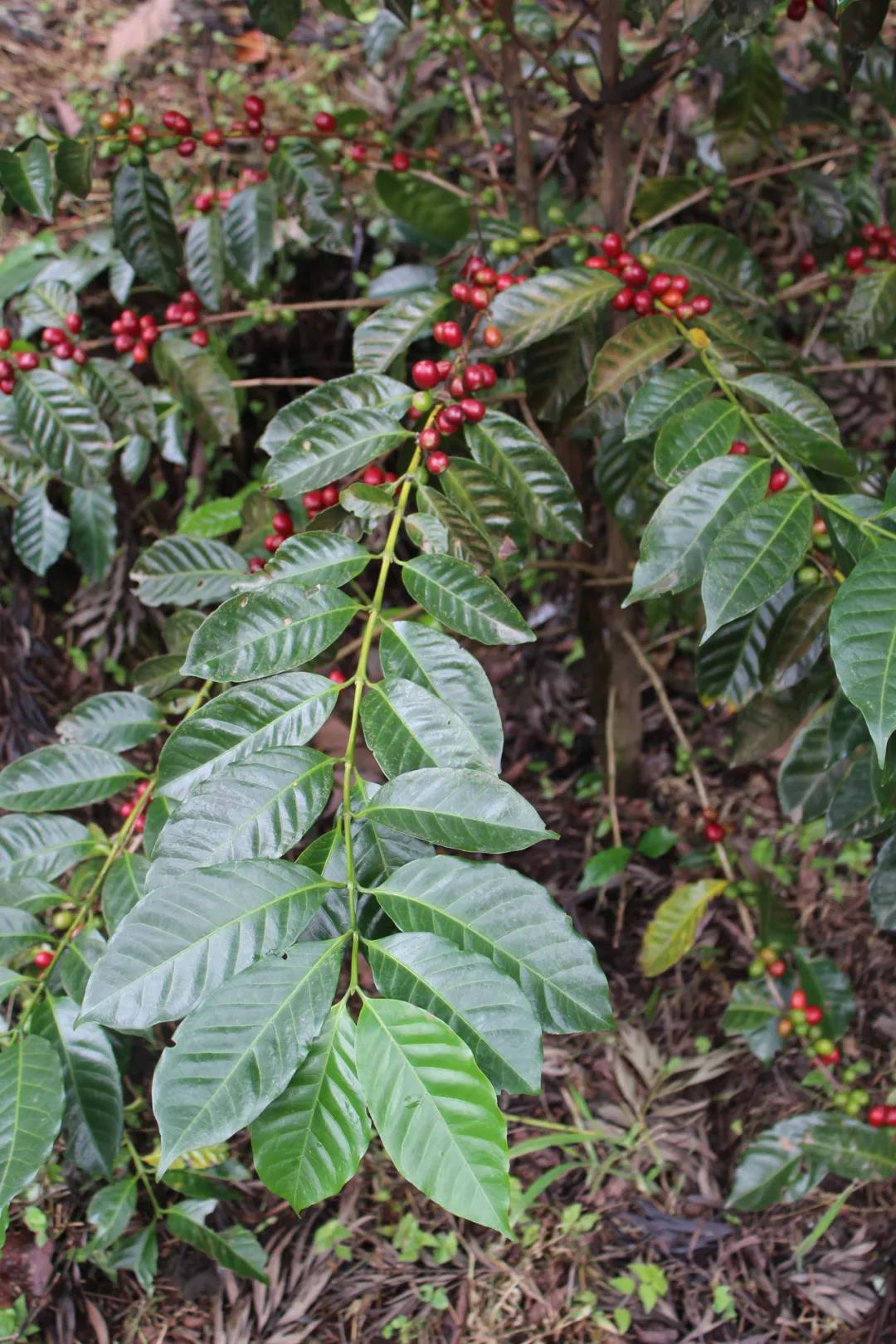
Gold bid batch: the gold bid accounts for only 5% of the annual output of Ruoxia Village, which can almost be said to be of the same level as the bidding batch. The batches that contestants from all over the world usually choose, such as the WBC World Championship held in the Netherlands in 2018, the Australian and Japanese champions select gold bid batches to compete. Bakers with high quality requirements will also purchase, with complete traceability, each batch has outstanding flavor and high complexity, which is the best grade of the manor second only to competitive bidding. The gold mark of Rose Xia Village on Qianjie Street comes from Omar 059 batch.
Qianjie Coffee Golden Standard Rose Summer Coffee beans at the Manor of Rosa Village, Ethiopia
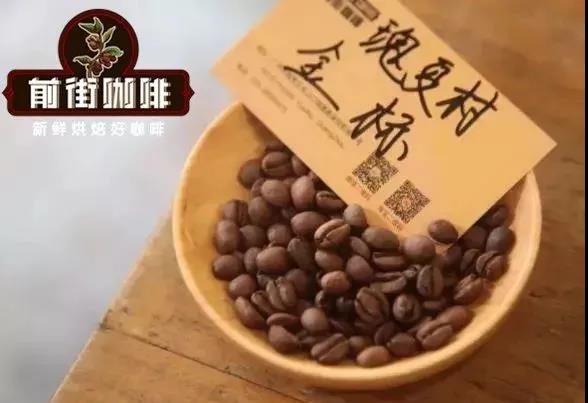
Production area: Ethiopia Banchimaji production area
Manor: Guixia Village Manor Oma Plot
Altitude: 1900-2040 m
Breed: Guixia 1931
Treatment method: sun treatment
Flavor: Citrus, lemon, tropical fruit, cream, nuts, tea
Red label batches: batches with complete traceability, typical taste of rose summer village, flavor intensity and complexity slightly weaker than gold label batches, and single batch with very high cost performance.
Front Street Coffee Ethiopia Rose Summer Village Manor Red Label Rose Summer Coffee Bean
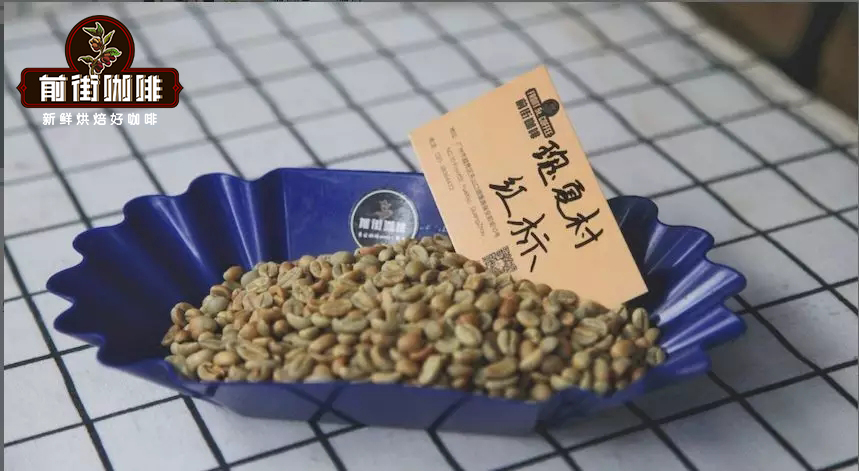
Producing area: producing area of Banchi Magi, Ethiopia
Manor: Guoxia Village Manor
Altitude: 1909-2069 m
Variety: Gori Rosa
Treatment method: sun treatment
Flavor: coconut, licorice, cream, chocolate, toffee, citrus, almonds, strawberries
Green label batch: officially known as SINGLE-TERROIR (single Land / Land), this coffee bean comes from a single farm in the village of Rosa. Complete traceability information for each batch in the Single-Terroir series can be found, including farm name, coffee variety and processing date. Green label batch of Rose Xia Qianjie Coffee is not on the shelves yet, but it will also be on the shelves soon. Next, Qianjie Coffee will also share the basic information of Rose Summer Coffee beans in Rose Summer Village.
Qianjie Coffee the Green label Rose Summer Coffee beans at the Manor of Rosa Village, Ethiopia
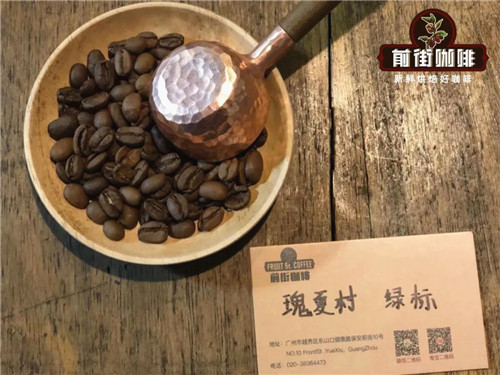
Producing area: producing area of Banchi Magi, Ethiopia
Manor: Guoxia Village Manor
Altitude: 1911-2001 m
Variety: Gori Rosa
Treatment method: sun treatment
Flavor: citrus, cherry, berry, honey, fermented feeling.
Chaka batch: this is a mixture of Rosa coffee beans from Rosa Village, including three varieties, namely Gori Gesha, Gesha 1931 (Gesha 1931) and Illubabor (Esse native disease resistant variety).
Qianjie Coffee chaka Rose Summer Coffee beans at the Manor of Rosa Village, Ethiopia
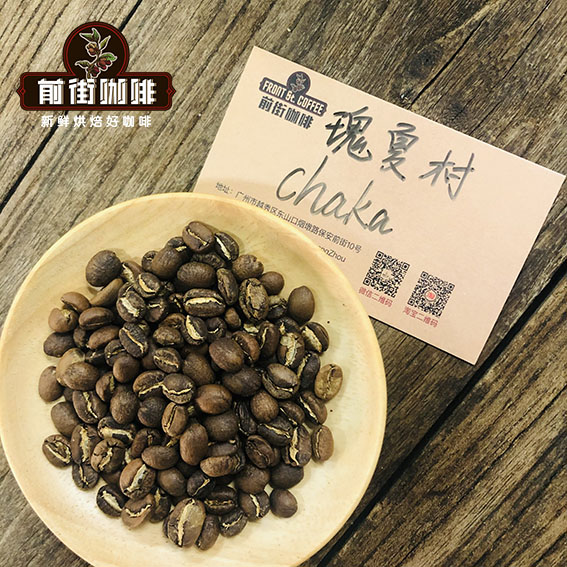
Producing area: producing area of Banchi Magi, Ethiopia
Manor: Guoxia Village Manor
Altitude: 1909-2069 m
Variety: Gori Rosa
Treatment method: sun treatment
Flavor: citrus, grapefruit, cream, chocolate caramel
The above is the flavor characteristics of Ethiopian rose summer coffee beans sorted out by Qianjie Coffee. In order to make coffee fans more intuitively understand the characteristics of these two producing areas, Qianjie Coffee makes a brewing flavor test with Panamanian Jade Manor Red Standard Rose Summer Coffee and Ethiopian Rose Summer Village Red Standard Rose Summer Coffee.
Qianjie Coffee Rose Summer Coffee Bean roasting suggestion
Qianjie coffee is roasted lightly in order to highlight its flower and fruit aroma and bright acidity. However, it should be noted that even if they are of the same rose summer variety, Qianjie coffee has different parameters in roasting red, green and blue marks, which requires the roaster's accumulated experience to judge the uniqueness of each bean.
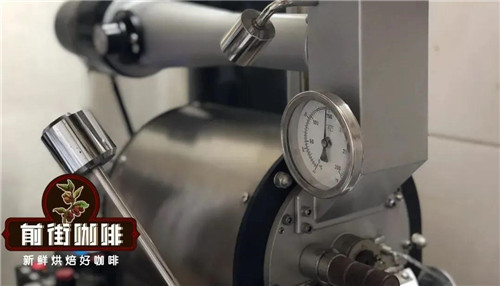
Green sign of Jadeite Manor: furnace temperature 160℃, firepower 110, throttle open 3; tempering point 1160℃, throttle open to 3.5mm, firepower unchanged; when furnace temperature is 153.3 ℃, bean watch turns yellow, grass smell disappears completely, enter dehydration stage, when furnace temperature reaches 161℃, firepower is adjusted to 90, throttle remains unchanged. The smell of toasted bread has obviously changed to the smell of coffee, which can be defined as a prelude to an explosion. At this time, it is necessary to listen carefully to the sound of the explosion point, when the sound of the explosion point begins to explode, the throttle opens to 4, and after the explosion, the development of the ℃ after the explosion begins.
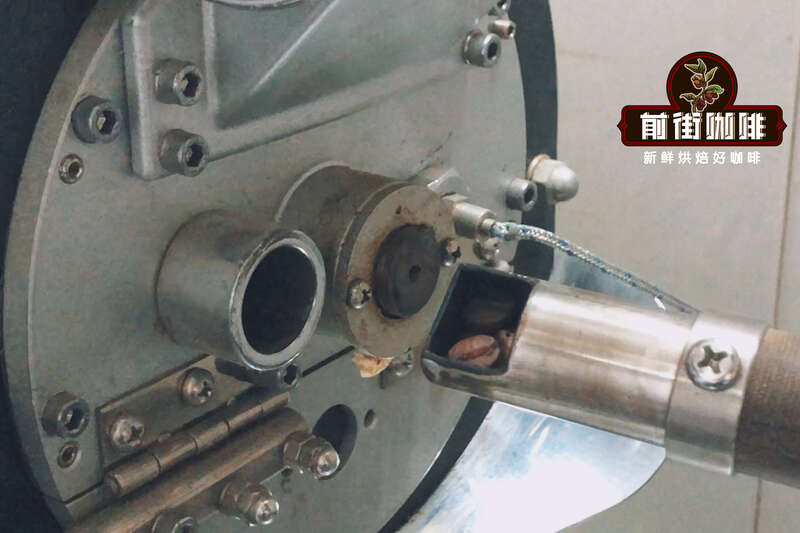
The green mark of Ruoxia Village: Yang family 800N, bean quantity 500g: furnace temperature 175N, firepower 130g, throttle open 3; tempering point 1: 390 ℃, furnace temperature 92.8℃, open throttle to 4 in 3 minutes, firepower is raised to 140; when furnace temperature is 152.6 ℃, bean table turns yellow, grass smell disappears completely, entering dehydration stage, wind firepower drops to 100mm. The smell of toasted bread has obviously changed to the smell of coffee, which can be defined as a prelude to an explosion. At this time, it is necessary to listen carefully to the sound of the explosion point. The sound of the explosion point starts to explode until the blast starts at the ninth percussion, the throttle opens to five, and after the explosion, the development of the bread toast turns to the coffee scent, and 193.5 ℃ goes into the pot.
Qianjie coffee brewing and sharing
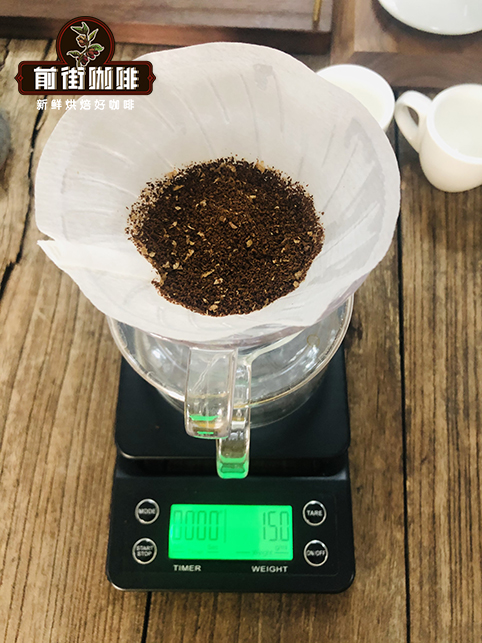
Powder: 15g
Powder water ratio: 1:15
Grinding degree: fine grinding by hand (the passing rate of No.20 standard sieve is 78%)
Water temperature: 90 degrees Celsius
Brewing method: Front Street Coffee adopts segmented extraction, also known as three-stage brewing.
Steaming with 30g water for 30s, injecting water in a circle to 125g with small water flow, stopping injecting water to 225g when the water level drops and exposing the powder bed, removing the filter cup when the water level drops and exposing the powder bed, and extracting for 200 ".
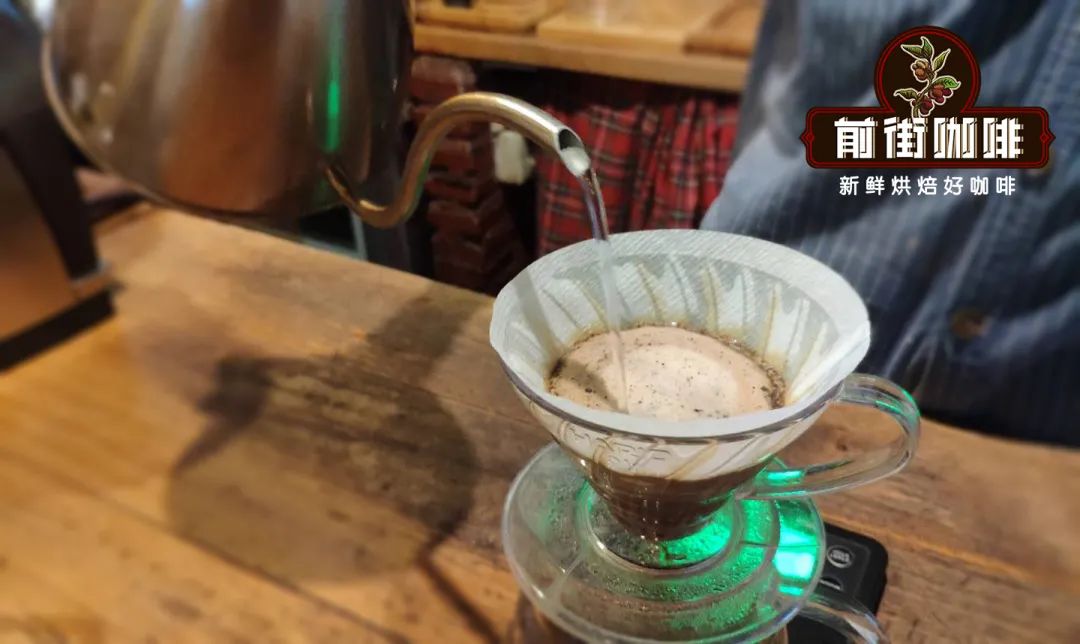
Jade Manor green standard coffee bean cooking flavor: rich jasmine, high sweetness, citrus, berries, juice, cream, green tea, orange peel, cantaloupe, the overall flavor is rich, aftertaste, citrus lasting.
Ruoxia Village green standard coffee bean cooking flavor: sweet berry flavor, full and mellow taste, with a hint of cherry, red berry, honey flavor. The finish has a fermented aroma.
For more boutique coffee beans, please add private Qianjie coffee on Wechat. WeChat account: kaixinguoguo0925
Important Notice :
前街咖啡 FrontStreet Coffee has moved to new addredd:
FrontStreet Coffee Address: 315,Donghua East Road,GuangZhou
Tel:020 38364473
- Prev
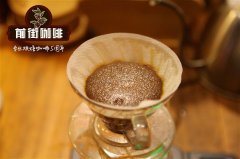
Flavor description and production of Guji Tasha ya purple wind chimes G1 in Ethiopia
Professional coffee knowledge exchange more coffee bean information please follow the coffee workshop (Wechat official account cafe_style) Sobia sun Guji Tasha purple wind chimes G1 Ethiopia Guji Natural Dasaya G1 Ethiopia (Ethiopia) producing area Oromia Region (Guji Zone) Shakisso Wore
- Next
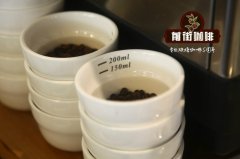
The flavor characteristics of Guatemalan coffee and the flavor description of Guatemala la Minita flower god
Professional coffee knowledge exchange more coffee bean information please follow the coffee workshop (Wechat official account cafe_style) Guatemala is a major coffee producer in Central America, ranking eighth in the world in terms of coffee production. Guatemala, whose name comes from the Mayan language, means thelandofmanytrees, the country of the forest. Located in Central America, it is known as the pearl in the crown of China and the United States. Although the territory of Guatemala
Related
- Detailed explanation of Jadeite planting Land in Panamanian Jadeite Manor introduction to the grading system of Jadeite competitive bidding, Red bid, Green bid and Rose Summer
- Story of Coffee planting in Brenka region of Costa Rica Stonehenge Manor anaerobic heavy honey treatment of flavor mouth
- What's on the barrel of Blue Mountain Coffee beans?
- Can American coffee also pull flowers? How to use hot American style to pull out a good-looking pattern?
- Can you make a cold extract with coffee beans? What is the right proportion for cold-extracted coffee formula?
- Indonesian PWN Gold Mandrine Coffee Origin Features Flavor How to Chong? Mandolin coffee is American.
- A brief introduction to the flavor characteristics of Brazilian yellow bourbon coffee beans
- What is the effect of different water quality on the flavor of cold-extracted coffee? What kind of water is best for brewing coffee?
- Why do you think of Rose Summer whenever you mention Panamanian coffee?
- Introduction to the characteristics of authentic blue mountain coffee bean producing areas? What is the CIB Coffee Authority in Jamaica?

